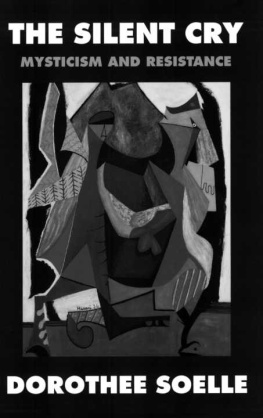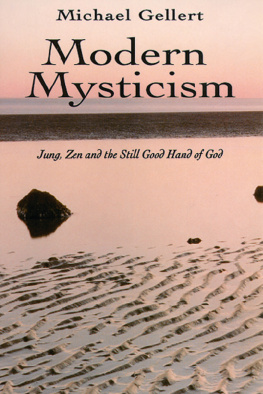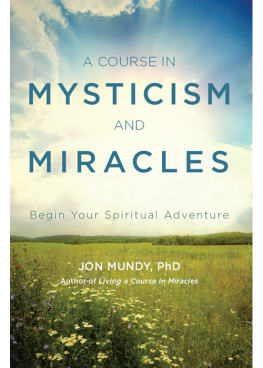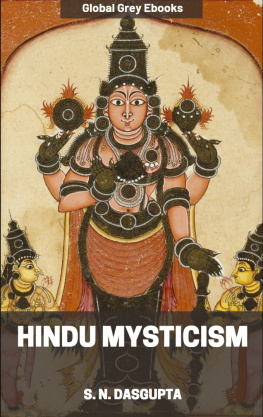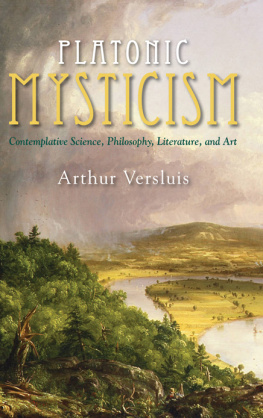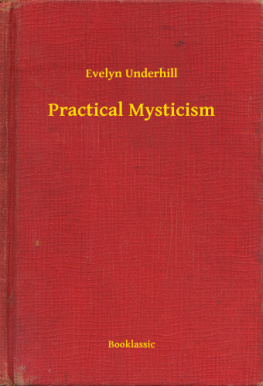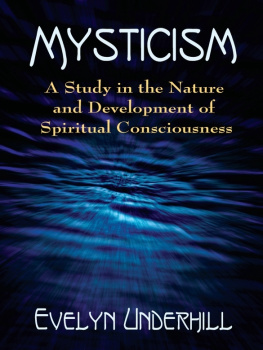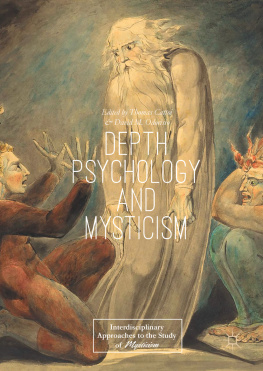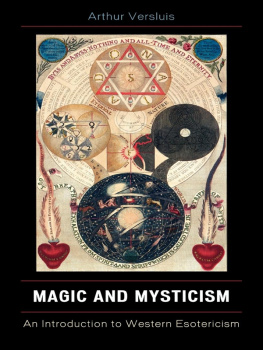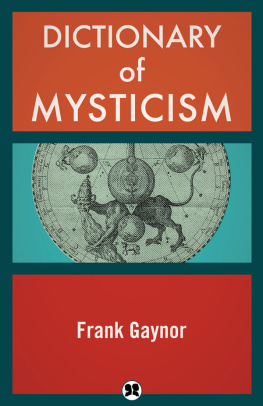Dorothee Soelle - The Silent Cry: Mysticism and Resistance
Here you can read online Dorothee Soelle - The Silent Cry: Mysticism and Resistance full text of the book (entire story) in english for free. Download pdf and epub, get meaning, cover and reviews about this ebook. year: 2008, genre: Religion. Description of the work, (preface) as well as reviews are available. Best literature library LitArk.com created for fans of good reading and offers a wide selection of genres:
Romance novel
Science fiction
Adventure
Detective
Science
History
Home and family
Prose
Art
Politics
Computer
Non-fiction
Religion
Business
Children
Humor
Choose a favorite category and find really read worthwhile books. Enjoy immersion in the world of imagination, feel the emotions of the characters or learn something new for yourself, make an fascinating discovery.
- Book:The Silent Cry: Mysticism and Resistance
- Author:
- Genre:
- Year:2008
- Rating:5 / 5
- Favourites:Add to favourites
- Your mark:
- 100
- 1
- 2
- 3
- 4
- 5
The Silent Cry: Mysticism and Resistance: summary, description and annotation
We offer to read an annotation, description, summary or preface (depends on what the author of the book "The Silent Cry: Mysticism and Resistance" wrote himself). If you haven't found the necessary information about the book — write in the comments, we will try to find it.
The Silent Cry: Mysticism and Resistance — read online for free the complete book (whole text) full work
Below is the text of the book, divided by pages. System saving the place of the last page read, allows you to conveniently read the book "The Silent Cry: Mysticism and Resistance" online for free, without having to search again every time where you left off. Put a bookmark, and you can go to the page where you finished reading at any time.
Font size:
Interval:
Bookmark:


DOROTHEE SOELLE
Translated by Barbara and Martin Rurnscheidt
Nourished by your words of encouragement and contestation this hook grew and would not have been written without your reminding me every dark day of the light in whose light we shall come to see
O deeply buried treasure, how wilt thou he unearthed? O elevated nobility, who can reach thee? <) rushing fountain, who can drain thee dry? O luminous radiance, power that breaks forth, hiddenness laid hare, security that is hidden, assuring confidence, harmonious stillness in all things, manifold good in the silence of concord, thou silent cry, no one can find thee who knows not how to let thee go.
From an anonymous letter of the fifteenth century
In lumine tuo videbimus lumen. (In thy light we will see light.)
I'salrn ;6:y
i
Part I: What Is Mysticism?
Mysticism of Childhood / Are Mystics Completely Different? / Mystical Sensibility / "I Am What I Do ": C. S. Lewis
Stepping Out and Immersing Oneself / Commotion and Unity: Martin Buber / Rabi'a and Sufi Mysticism / Mansur al-Hallai: Agnus Dei Mohamedanus / We Have Not Been Created for Small Things
From the Hermeneutic of Suspicion to a Hermeneutic of Hunger / Pluralism of Methods and Contextuality / The Distinction between Genuine and False Mysticism
The Cloud of Unknowing and the Cloud of Forgetting / Sunder Warumbe: Without a Why or Wherefore / A Language without Dominance / The Via Negativa, the Way of Negation / The Paradox / Silence
Ladders to Heaven and Stations on Earth / Purification, Illumination, Union: The Three Ways of Classic Mysticism / Traces of a Different Journey: Thomas Miintzer / Being Amazed, Letting Go, Resisting: Outline of a Mystical Journey for Today
Part II: Places of Mystical Experience
Places and Placelessness / A Morning Hymn: Harriet Beecher Stowe / Monotheism, Pantheism, Panentheism / Sharing and Healing: A Different Relation to the Earth
Heavenly and Earthly Love and Their Inseparability / The Song of Songs / Marguerite Porete and the Enrapturing Far-Near One / The Bitterness of Ecstasy: 1). H. Laurence and Lngeborg Bachmann / Sacred Power
lob: The Satanic and the Mystical Wager / Between Dolorousness and Suffering / "1-a'en When It Is Night": John of the Cross / "Better in Agony than in Numbness ": Twentieth-Century Mysticism of Suffering
The Hidden Sacred Sparks: Hasidim / Community, the Sinai of the Future: An Examination of Buher's Relation to Mysticism / Without Rules and Poor, Persecuted, and Free: The Beguines / The Society of Friends and the Inner Light
The Mystical Relation to Time: Thick Nhat Hanh / Publicans, festers, and Other Fools: The Abolition of Divisions / Dancing and Leaping: The Body Language of Joy /'The Relation of Mysticism and Aesthetics
Part III: Mysticism Is Resistance
The Prison We Ilave Fallen Asleep in: Globalization and Individualization / Out of the Home into Homelessness / Acting and Dreaming: Becoming Martha and Mary / The Fruits of Apartheid
The Ego: The Best Prison Guard / "Go Where You Are Nothing!" / Asceticism: For and Against / Tolstoy's Conversion from the Ego to God / Freedom from the "Ring of Cold": Dag Hanrmarskjiild / Success and Failure
iii
Having or Being / Naked and Following the Naked Savior: Francis of Assisi / John Woolman and the Society of Slave Owners / Voluntary Poverty: Dorothy Day / Middle Roads and Crazy Freedoms
The Unity of All Living Beings / The Duty of Civil Disobedience: Henry David Thoreau / Mahatma Gandhi and Ahimsa / "Our Weapon Is to Have None": Martin Luther King Jr. / Between Hopes and Defeats
The Death and Life of Severino: Joao Cabral / Kneeling Down and Learning to Walk Upright: The Theology of Liberation / "When You Dance with Death, You Must Dance Well ": Pedro Casaldaliga / The Voice of the Mute: Doan Helder Camara / Learning to Pray and a Different Mysticism

Why, when God's world is so big, did you fall asleep in a prison of all places?
RUMI
FOR MANY YEARS I have been drawn to and borne by mystical experience and mystical consciousness. Within the complex phenomenon of religion, they appear to be central. All living religion represents a unity of three elements that, in the language of the great Catholic lay theologian Friedrich von Huegel (185z-i9z5), we may call the institutional, the intellectual, and the mystical (see chapter 3). The historical-institutional element addresses itself to mind and memory; in Christianity it is the "Petrine" dimension. The analyticalspeculative element is aligned with reason and the apostle Paul. The third element, the intuitive-emotional one, directs itself to the will and the action of love. It represents the Johannine dimension. The representatives of all three elements tend to declare themselves to be absolute and to denigrate the others as marginal; however, without reciprocal relationships among the three elements, religion does not stay alive. Reciprocity between institutional, intellectual, and mystical elements of religion may take the form of polarization, or the exchange may be dialectical.
What enticed me to the lifelong attempt to think God was neither the church, which I experienced more as a stepmother, nor the intellectual adventure of post-Enlightenment theology. I am neither professionally anchored nor personally at home in the two institutions of religion-the church and academic theology. It is the mystical element that will not let go of me. In a preliminary way, I can simply say that what I want to live, understand, and make known is the love for God. And that seems to be in little demand in those two institutions. At best, what Protestant theology and preaching articulate in what they designate as "gospel" can be summed up as follows: God loves, protects, renews, and saves us. One rarely hears that this process can be truly experienced only when such love, like every genuine love, is mutual. That humans love, protect, renew, and save God sounds to most people like megalomania or even madness. But the madness of this love is exactly what mystics live on.
What drew me to mysticism was the dream of finding a form of spirituality that I was missing in German Protestantism. What I was seeking had to he less dogmatic, less cerebral and encased in words, and less centered on men. It had to be related to experience in a twofold sense of the word: how love for God came about and what consequences it has for life. I was not looking for what Thomas Miintzer refers to as "made-up, fictitious faith," that is, something that is fine for the head and keeps the institution functioning. Instead, I searched for the mystical element of faith-in the Bible and other sacred writings, in the history of the church, but also in the everyday experience of lived union with God or the divinity. The distinction between the ground of being perceived in personal terms, or, in transpersonal terms, need not concern us here. For are "mindfulness" or "pure attentiveness" of Buddhist tradition not other words for what the Ahrahamic traditions call "love for God"?
Font size:
Interval:
Bookmark:
Similar books «The Silent Cry: Mysticism and Resistance»
Look at similar books to The Silent Cry: Mysticism and Resistance. We have selected literature similar in name and meaning in the hope of providing readers with more options to find new, interesting, not yet read works.
Discussion, reviews of the book The Silent Cry: Mysticism and Resistance and just readers' own opinions. Leave your comments, write what you think about the work, its meaning or the main characters. Specify what exactly you liked and what you didn't like, and why you think so.

